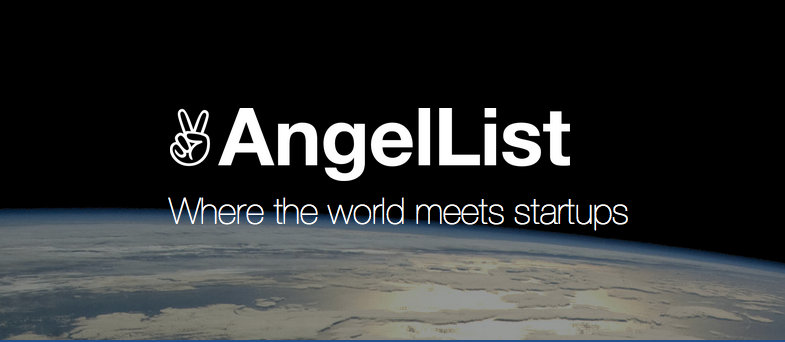You’ve decided that crowdfunding is the best funding fit for your startup. Now what? There are so many crowdfunding platforms to choose from, but not all of them are suitable for you. So, how to narrow down on your choices?
It’s only logical to go for the most popular ones; among end consumers, sites like Kickstarter and Indiegogo sit on top of the list. While the size of supporters can almost guarantee that at least your project attracts eyeballs and – fingers crossed – supporters, those might not be your cup of tea.
You see, unless you are launching innovative startup a.k.a. a project like Star Citizen (most funded project ever launched on Kickstarter – $118,000,000) or Flow Hive (one of the most funded project on IndieGoGo – $12,174,187,) chances are, you’d better choose other crowdfunding platforms that appreciate sound business concepts and potential growth, rather than cool, flashy ideas.
If your startup – or existing business – deal with products and services that can actually solve people’s problem and not a fad by any means, then you might want to consider these ‘alternative’ crowdfunding platforms. Please note that although they are not typically equity crowdfunding platforms, some of them are.
Crowdfunding platforms: What are the alternatives?

1. AngelList
AngelList is one the best equity crowdfunding platforms today. To be accepted, your startup must be incorporated in either the US or UK. You’ll also need a credible founding team and be in the post-launch stage with demonstrable traction in the market, or have a reputable investor already on board with your idea. You’ll find no funding or processing fees taken out of the funds raised here. The investors carry all the expenses, if you’re accepted.
2. RocketHub
RocketHub is pretty special. They fund businesses at all levels, so they’re not necessarily devoted to just startups. They’ve partnered with the A&E Network on their Project Startup, which is geared at helping select startups receive even more exposure through their on-air, online and magazine networks. There are no fees and although entrepreneurs can specify how much funding they need, you still get to keep what’s pledged by investors, even if you don’t meet your desired minimum.
3. CircleUp
Typical funding with CircleUp starts at $100,000 and runs up to $10 million. They like to see approximately a half-million in revenue before they’ll consider you, but earlier stage startups can apply for their “Seed Program” to get their business off the ground. They charge a reasonable processing fee once you’ve reached your funding goal – no other fees are charged.
4. Crowdfunder
Crowdfunder offers a lot of funding options for startups including equity, debt, convertible notes and rev share. You can also choose from a public or private deal with investors. The investor pool is vetted and flexible. However, the one drawback of using Crowdfunder is they charge a rather pricey monthly fee for a startup to budget for ($299), in order to get access to their capital investors. The price is justified though, as they cater to all industries and all stages of startups.
5. EquityNet
EquityNet is another large player in the online crowdfunding space. They have over 20,000 vetted angels ready to invest their money in the right startup. You can sign up for free to share your profile and business plan with their investors. However, there are a number of tools including a business plan builder and funding analysis software, along with other robust features that requires you pay $600 quarterly while you use the service.
6. Fundable
Fundable is one of the few on this list who offers rewards-based funding options to startups. This option only applies to startups seeking less than $50,000. The site also offers equity options for amounts above and beyond that. This site offers investors and CEOs a great wealth of options, allowing flexibility for people with more modest means to participate on both sides (investor or CEO) and also room for the big boys with big dreams to play too.
7. MicroVentures
MicroVentures has the biggest social media network on the planet on their list of businesses they’ve helped: Facebook. They have a large pool of accredited and non-accredited investors startup managers can choose from. Unlike most of the others on this list, they do specialize in a few (popular) industries rather than spreading their scope too thin: software, mobile, social, media, gaming and entertainment businesses. To get your business profiled for seeking investors you need to have a great idea, good traction and some marketshare to boast.
8. Peerbackers
Peerbackers is another great platform for finding crowdfunding investors. It’s lower down on the list because of the cost involved. Their claim is that their processing, consultation and campaign production fees will get your business in front of thousands of the right investors in as little as 30 days. Prices start at a single payment of $599 and go up from there. Their founders and staff have a wealth of knowledge and media experience, so look into this option before passing it off for something cheaper or free.
Now over to you
Have you used any of the crowdfunding platforms mentioned above? If so, please share with us what you think about the platforms.



